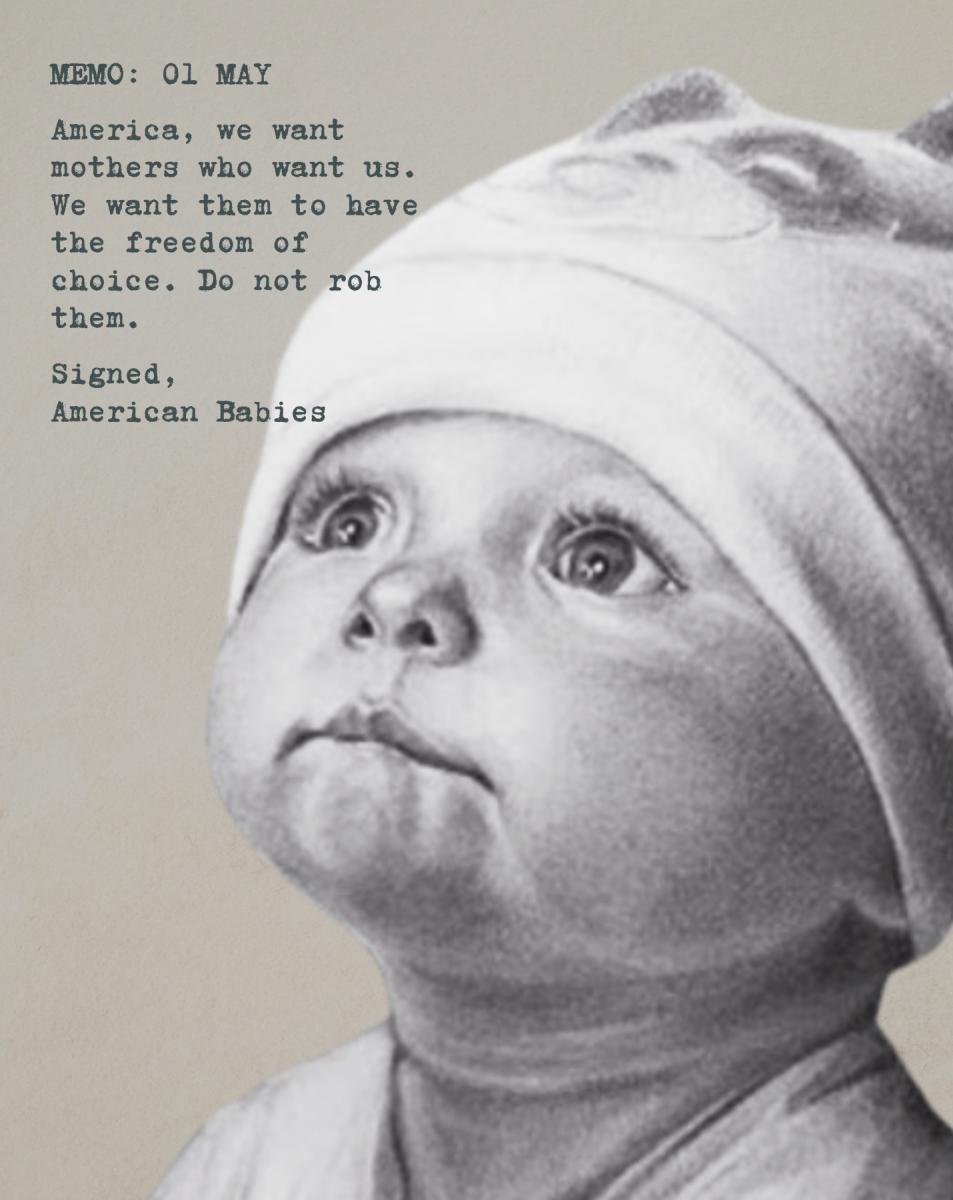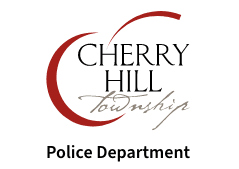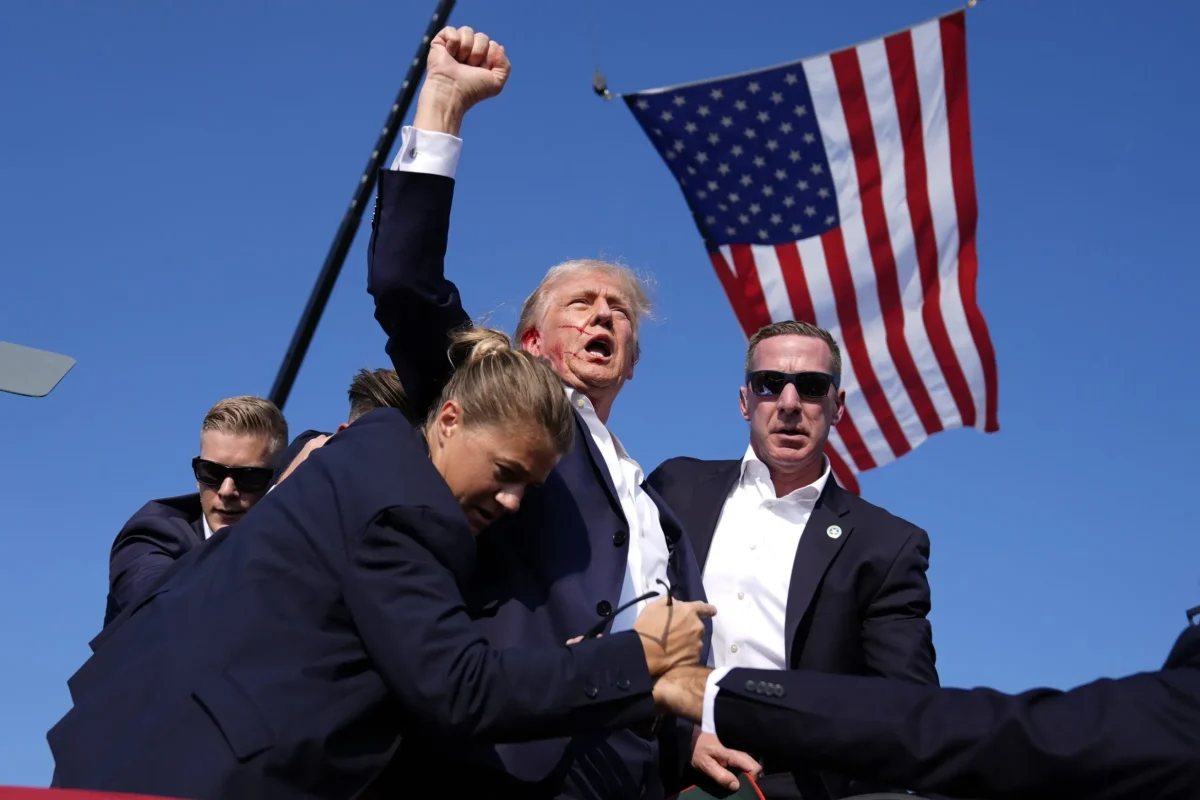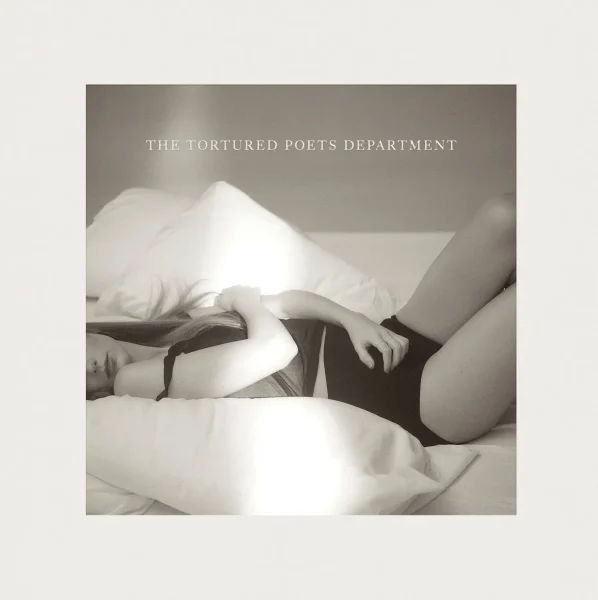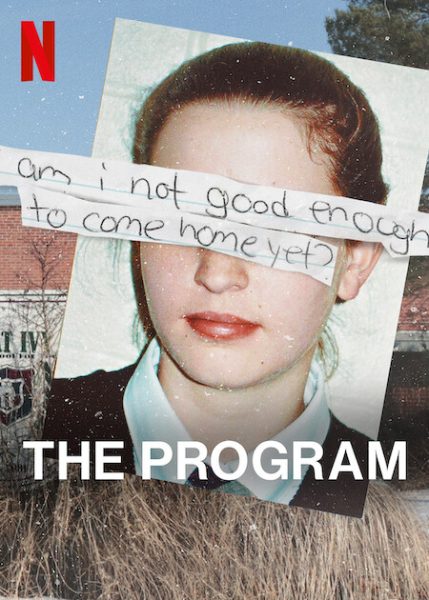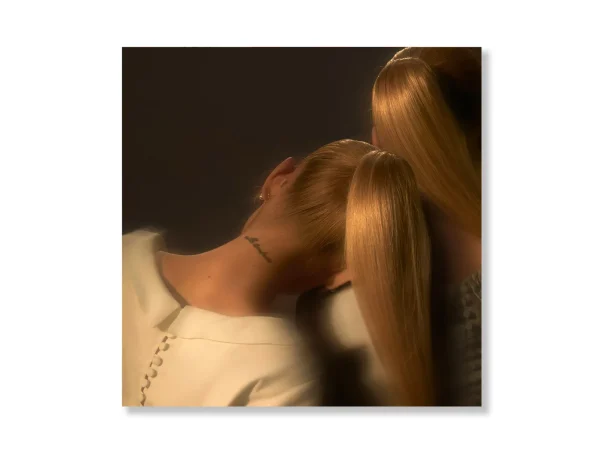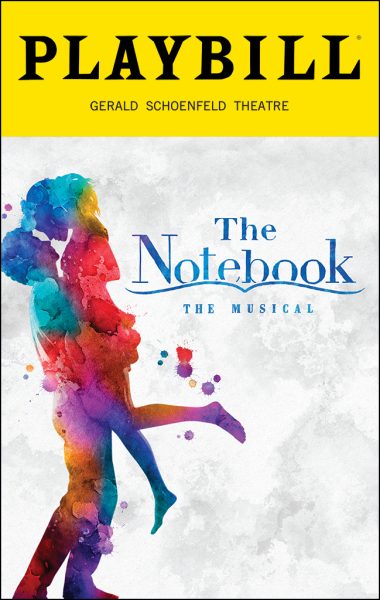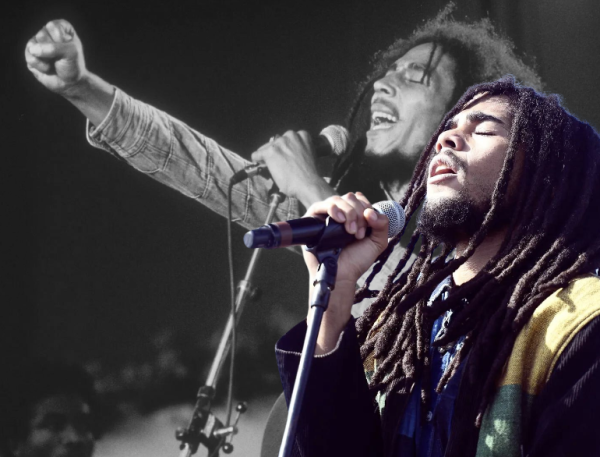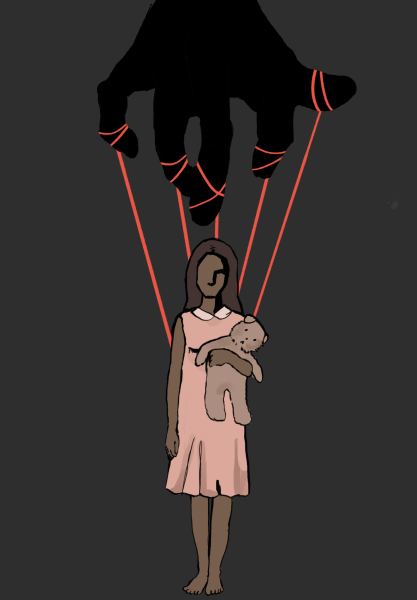Underground History: Punk Rock
November 14, 2014
The Clash. The Sex Pistols. The Ramones. The Dead Kennedys. Spiked hair. Leather jackets. Doc Martens. Piercings. Studded belts. Young people acting as mavericks, turning against the system that had chugged them out.
“Where there is young people and vitality, you’re going to find punk rock,” Henry Rollins, former member of the punk rock band, Black Flag, once said in an interview. The Punk genre started as a subgenre of garage rock, but now has many branches of its own, such as pop punk, which includes bands like Good Charlotte, Green Day and Fall Out Boy. For many dedicated fans, Punk is not just a genre; it is a mentality.
Punk rock contains primarily themes about going against the system, sticking it to “the man.” The most attractive aspect of punk rock is that it tells people that being punk is not about playing an instrument very well, but that it is about making a statement and being able to say it loudly and clearly. Punk originally appealed to the unemployed, angry and unruly British teenagers of the late 1960s, who tended to have strong opinions and too much time. It provided something to those teenagers looking to escape the constraints of society.
In 1976, two of the biggest punk bands of all time made their way into the spotlight: The Ramones from New York and The Sex Pistols from London. This led to the rise of the punk movements in America; however, many tended to call these American punks hardcore instead. They dressed more simply, preferring plain colored shirts and buzzed hair, a stark contrast to the studded leather jackets and spiked and dyed hair of their punk British counterparts. Also, British punks tended to be more anarchistic and violent. Some went as far as wearing swastikas just to make a statement, so as to say, “I can do this, and I will.”
Punk songs tend to be short, fast and intense with stripped down instrumentation (usually only guitar, drums, bass and vocals). Oftentimes, punk songs will even incorporate political lyrics. Songs like “The KKK Took My Baby Away” by The Ramones and “God Save the Queen” by The Sex Pistols are perfect examples of political punk music. Since the early 1970s, Punk has inspired the youth the take a stand against authority and encourages freedom of expression.


